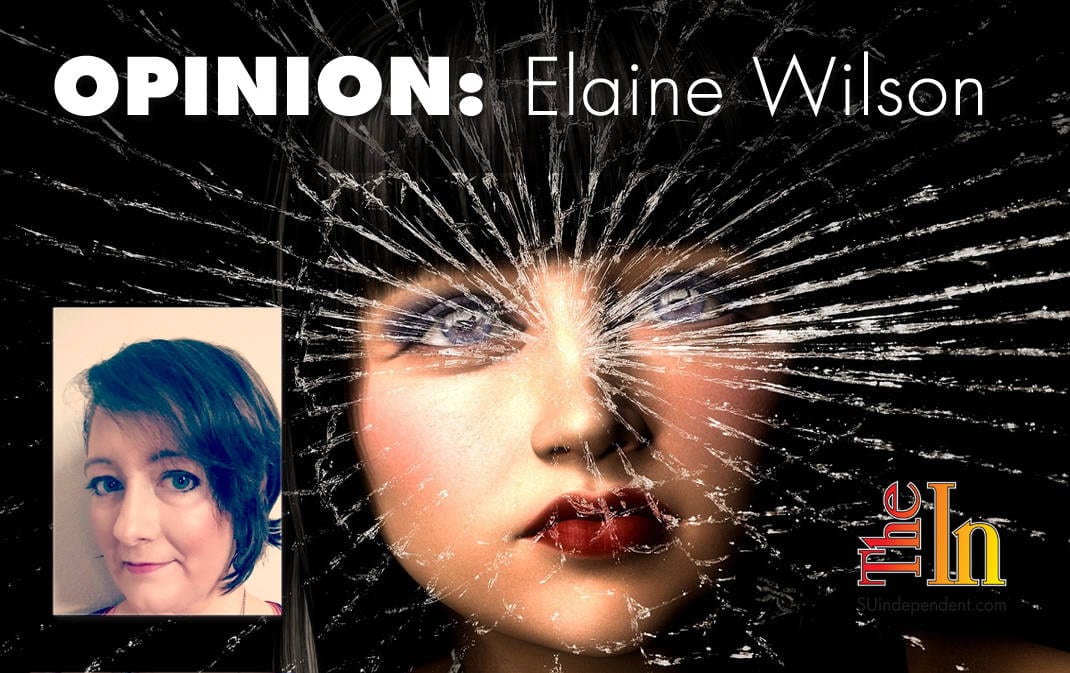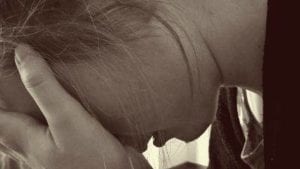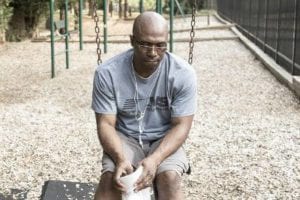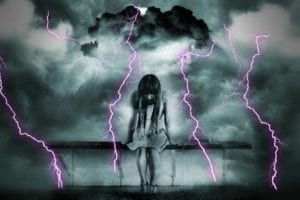 For many years, Post-Traumatic Stress Disorder was completely ignored. Even after American Psychiatric Association recognized PTSD in 1980, the idea that soldiers, viewed as strong and impermeable, could have such an emotional reaction to what seemed to be the smallest things was greatly disbelieved.
For many years, Post-Traumatic Stress Disorder was completely ignored. Even after American Psychiatric Association recognized PTSD in 1980, the idea that soldiers, viewed as strong and impermeable, could have such an emotional reaction to what seemed to be the smallest things was greatly disbelieved.
And still, in 2016, PTSD is hugely misunderstood.
PTSD is usually associated with soldiers. This is understandable, as so many of them suffer from it and are still not getting the help they need. But today, I want to focus on a different population — those who haven’t been to war but still suffer from PTSD.
 Author and psychologist Susan Pease Bannit wrote, “PTSD is a whole-body tragedy, an integral human event of enormous proportions with massive repercussions.” It’s true. The emotional repercussions that each one of us who suffer from PTSD — and yes, I said “us” — cannot be measured by any grand scale of when it has been “enough” to suffer. Nor can any one person, nor hundreds, determine who should be suffering and who shouldn’t — who does or does not have the “right” to PTSD.
Author and psychologist Susan Pease Bannit wrote, “PTSD is a whole-body tragedy, an integral human event of enormous proportions with massive repercussions.” It’s true. The emotional repercussions that each one of us who suffer from PTSD — and yes, I said “us” — cannot be measured by any grand scale of when it has been “enough” to suffer. Nor can any one person, nor hundreds, determine who should be suffering and who shouldn’t — who does or does not have the “right” to PTSD.
Because PTSD, by definition, really can’t have a standard of definition. It doesn’t belong to soldiers who, of course, have often sacrificed their well-being in exchange for our freedom. It isn’t owned by police officers or even just refugees of war, both groups that have also suffered far too much.  Sometimes, though it is not realized or acknowledged and even gets pushed harshly aside, PTSD is experienced every single day by someone you know best, someone who may not show outward signs of being afflicted with something so horrible, so vast, that even doctors struggle to recognize it. The person affected might be hiding it from you, from the world, or even themselves. Because not one of us wants to admit that we have been so thoroughly scarred.
Sometimes, though it is not realized or acknowledged and even gets pushed harshly aside, PTSD is experienced every single day by someone you know best, someone who may not show outward signs of being afflicted with something so horrible, so vast, that even doctors struggle to recognize it. The person affected might be hiding it from you, from the world, or even themselves. Because not one of us wants to admit that we have been so thoroughly scarred.
According to safehorizon.org, one in 10 children suffer from child maltreatment; one in 16 children suffer from sexual abuse. Almost 1 in 10 children are witnesses to familial violence. Too often, those of us who have been a part of this horrific child group hide or apologize for our symptoms, the PTSD that has become a daily part of our lives, all caused by something other than ourselves. “I can’t watch that,” I’ll say, “my PTSD. …” My voice will usually trail off, because it starts sounding like just an excuse, a reason to avoid someone or something. How will watching a simple mystery show, someone will wonder, or a historically-accurate movie ignite my PTSD? After all, I wasn’t there.
But it does. The panic that has only in recent years reduced from outright terror is something that I cannot describe to you. Or to my husband. To my friends. And I’m once again left feeling like the idiot, apologizing to everyone for how I feel.
 Friends, PTSD awareness must be a real and constant thing. We must accept, in ourselves and others, that there are things we do not understand — the emotions and thoughts and triggers that seem to come out of nowhere and some that can be avoided. Even when you don’t understand, it’s simple: You can be compassionate. Believe in this thing that is a reality for so many. Care about the person who has suddenly left the room or you’ve found wiping away tears and scolding themselves over something that is “so silly.” Be the support that we so desperately need.
Friends, PTSD awareness must be a real and constant thing. We must accept, in ourselves and others, that there are things we do not understand — the emotions and thoughts and triggers that seem to come out of nowhere and some that can be avoided. Even when you don’t understand, it’s simple: You can be compassionate. Believe in this thing that is a reality for so many. Care about the person who has suddenly left the room or you’ve found wiping away tears and scolding themselves over something that is “so silly.” Be the support that we so desperately need.




Beautifully written and much appreciated.